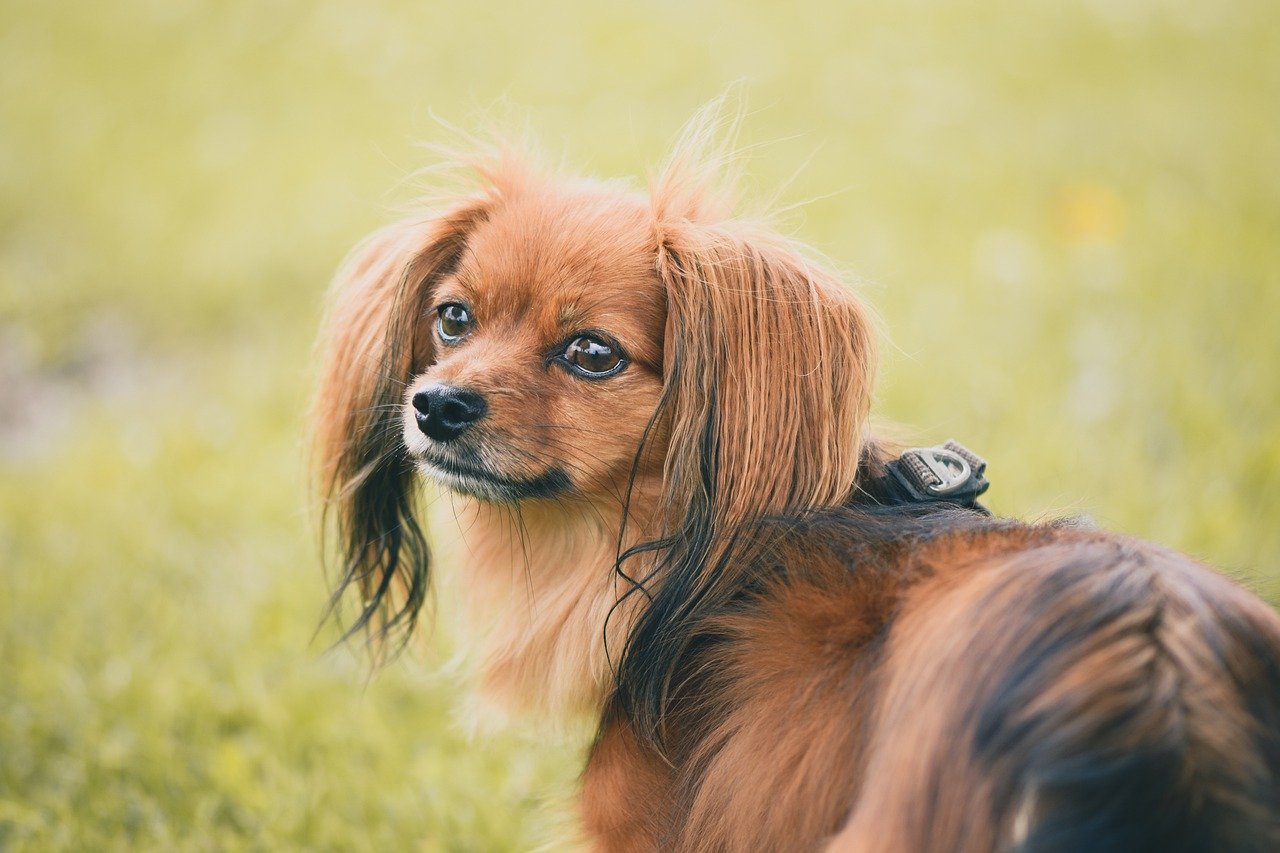Imagine a dog that seems to know exactly when you need a nuzzle, one who mirrors your every emotion, or a pup that can’t help but snuggle when you’re feeling blue. Now, picture the opposite: a dog who’s laid-back, carefree, and doesn’t get easily rattled by your mood swings or the chaos of life. Believe it or not, just like people, dog breeds have distinct personalities—some are incredibly sensitive and deeply empathetic, while others are more independent or emotionally neutral. If you’re looking for a canine companion who’ll truly “get” you, or perhaps one who won’t overreact to every moment, you’ll want to know which breeds fall into each group. Let’s explore 20 fascinating breeds—10 with hearts on their furry sleeves, and 10 who keep a cool distance—so you can find your perfect emotional match.
Golden Retriever: The Empathy Expert
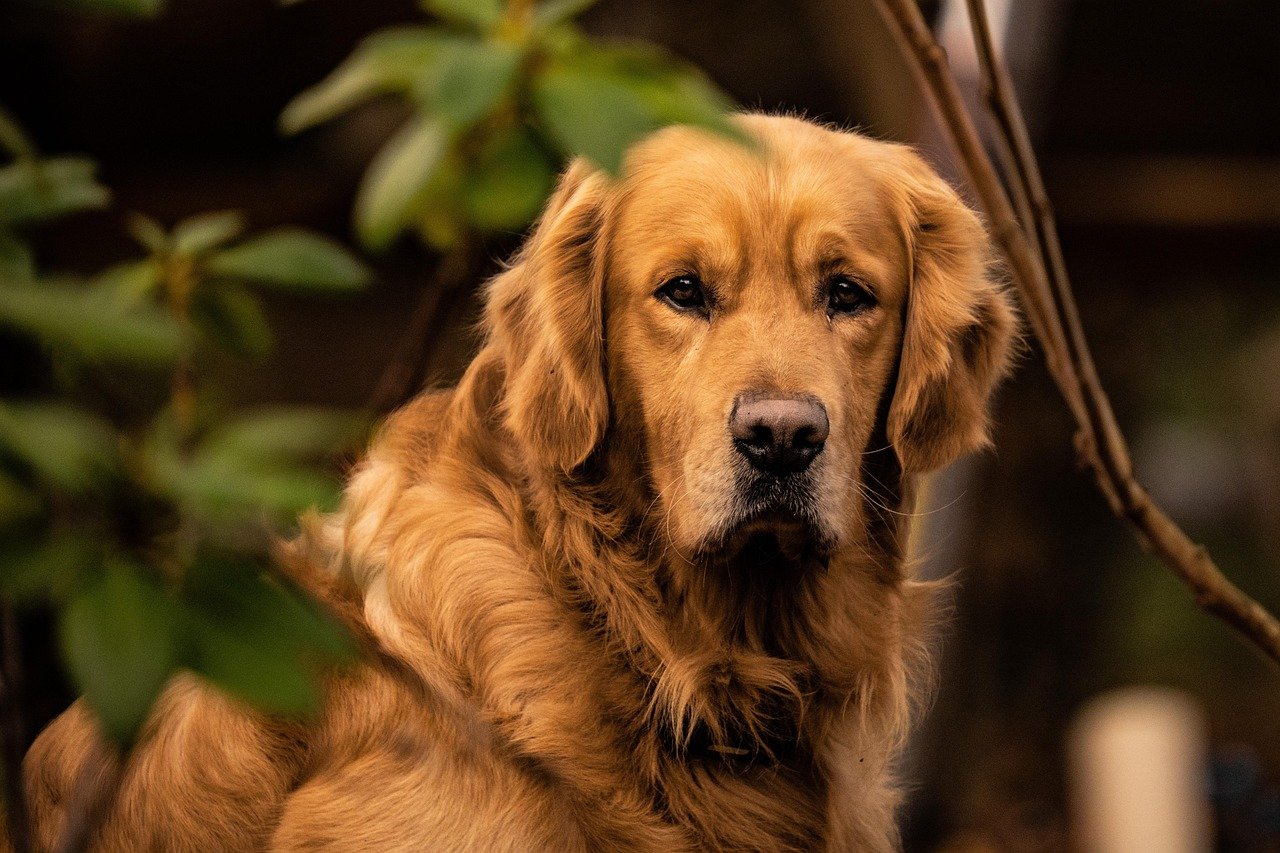
Golden Retrievers are often called the “best friends” of the dog world, and for good reason. These gentle souls seem to have an uncanny knack for sensing when their people need comfort. Whether you’re quietly sad or over-the-moon happy, a Golden will pick up on it and respond with warmth. They’re often used as therapy dogs because they’re naturally attuned to human emotions. If you’ve had a tough day, don’t be surprised if your Golden Retriever offers a soft head on your lap or sits quietly by your side. Their deep need to connect emotionally makes them one of the most empathetic breeds around. If you’re looking for a dog who will always be there with a wag and a cuddle, the Golden is a true champion of sensitivity.
Labrador Retriever: The Loyal Listener
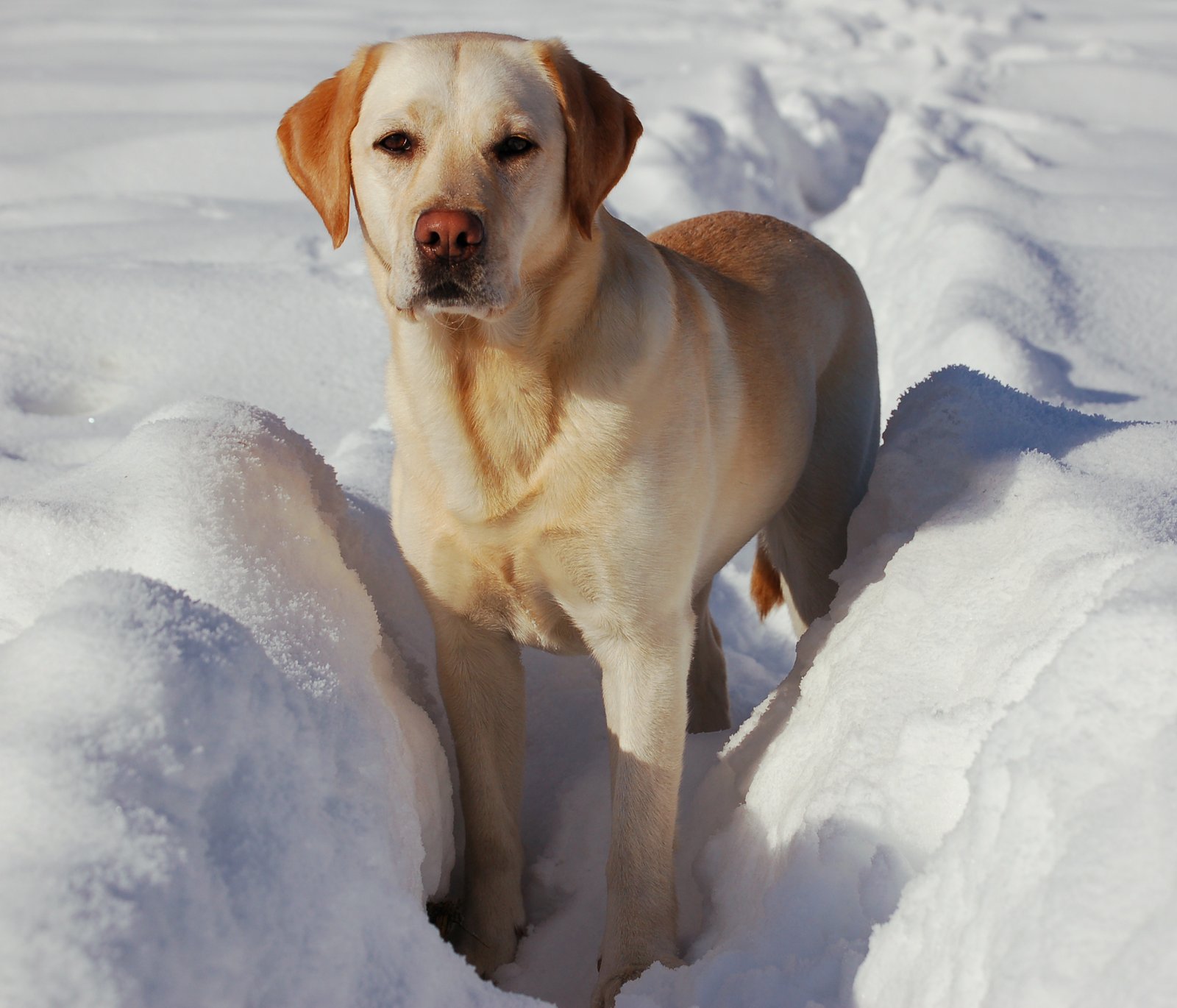
Labrador Retrievers are famous for their upbeat spirit and love for everyone, but underneath that playful exterior is a heart that feels deeply. Labs often bond closely with their families and can pick up on subtle shifts in mood. They might not always be as overtly cuddly as a Golden, but their loyalty and desire to please mean they’re always “in tune” with their people. Labs are frequently chosen as service and therapy dogs, not just because of their intelligence, but due to their ability to sense emotional needs. When you’re happy, your Lab will bounce with joy; when you’re down, they’ll nudge you for reassurance. Their sensitivity makes them not just great pets but truly empathetic friends.
Border Collie: The Intuitive Partner
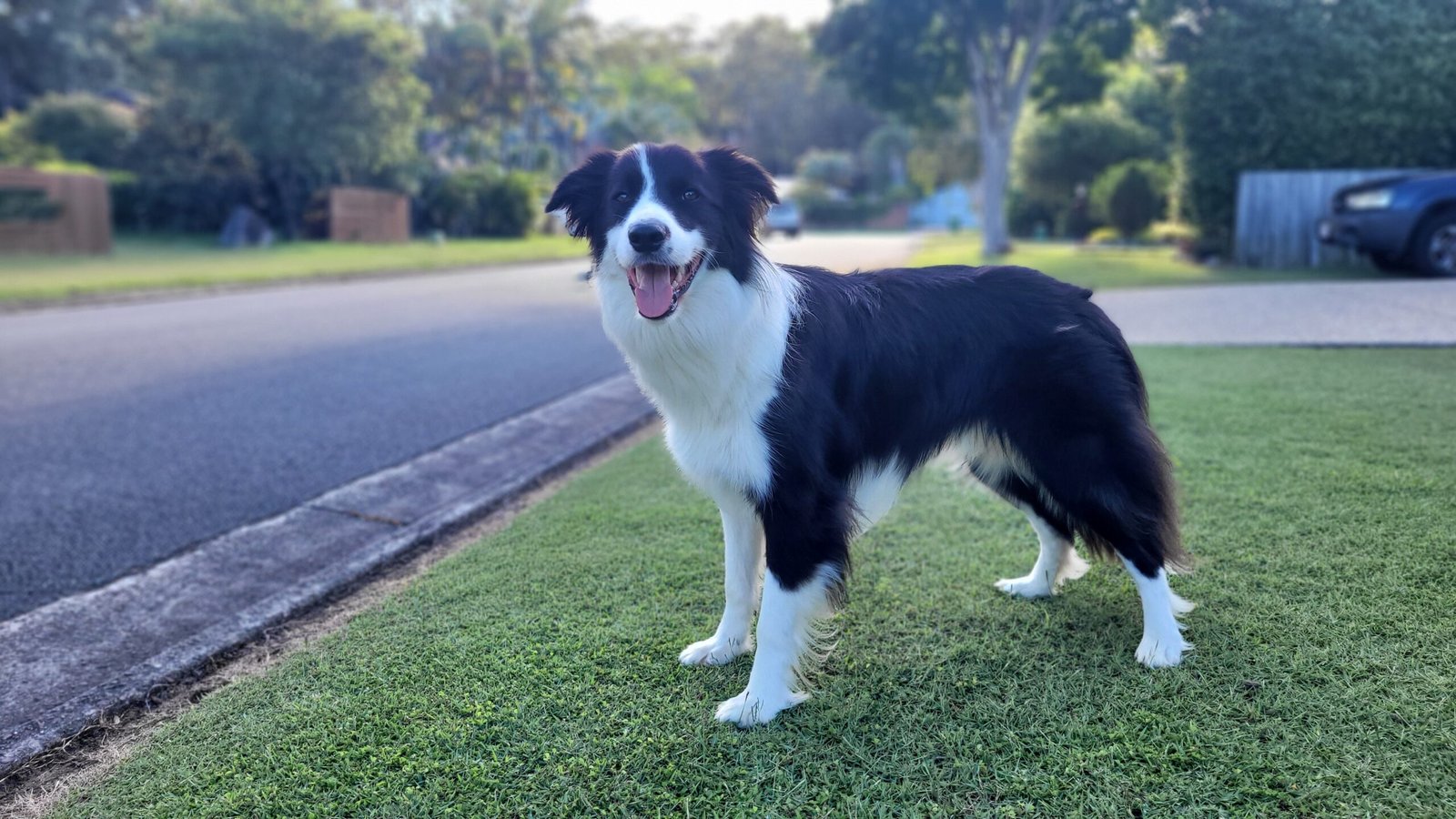
Border Collies are known for their intelligence and energy, but they’re also dogs with a remarkable emotional radar. If you’ve ever watched a Border Collie work with their human, you’ll notice how closely they watch every move and respond almost instantly. This breed thrives on human connection, and many owners swear their Collie can read their minds. With a tendency to mirror your mood, a Border Collie will celebrate with you and sit quietly if you need space. Their sensitivity also means they can become anxious in chaotic or negative environments, so they do best with gentle, positive owners. For those seeking a dog who truly “gets” them, the Border Collie is an extraordinary choice.
Poodle: The Sensitive Genius
Poodles—whether Standard, Miniature, or Toy—are not just beautiful and brainy, they’re also surprisingly sensitive. These dogs form deep attachments to their families and often react strongly to the emotional climate around them. A Poodle can sense when you’re upset and may try to comfort you by staying close or offering a playful distraction. Because of their high intelligence, they can pick up on routines and moods faster than many other breeds. This sensitivity means they respond best to positive reinforcement and gentle training methods. If you want a smart, emotionally attuned companion, the Poodle is a wonderful fit.
Cavalier King Charles Spaniel: The Gentle Comforter
The Cavalier King Charles Spaniel is like a living teddy bear with a heart full of love. These small dogs are famous for their gentle, affectionate nature and their ability to sense human emotions. Cavaliers are drawn to people in distress and will often snuggle up to them, offering silent support. They thrive on close companionship and can become sad if left alone for long periods. Their loving, empathetic nature makes them ideal therapy dogs and cherished family members. If you crave a dog who will always be by your side, ready to offer comfort, the Cavalier won’t disappoint.
Papillon: The Sensitive Butterfly
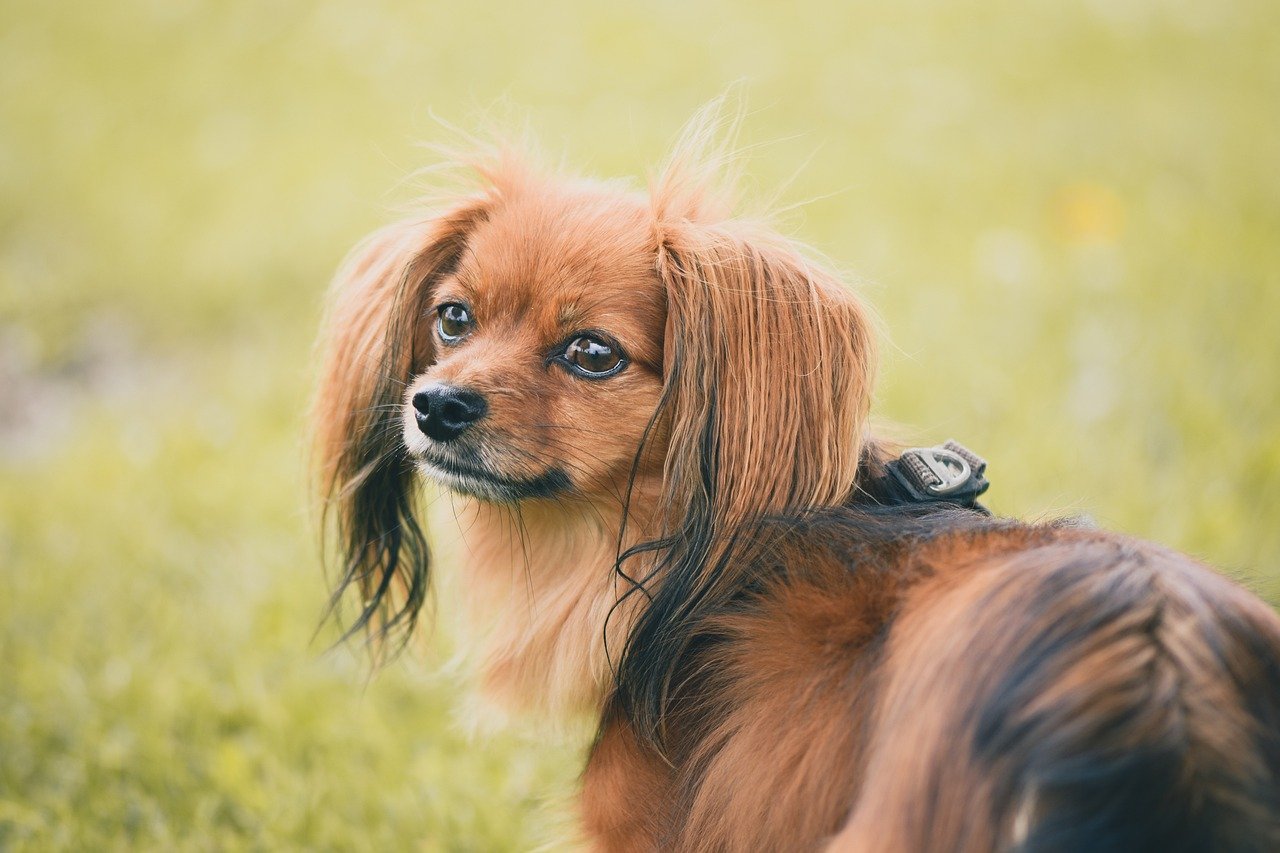
Papillons may be tiny, but their empathy is enormous. These alert little dogs are named after the French word for butterfly, thanks to their delicate, wing-shaped ears, and they have a surprisingly deep connection to their humans. Papillons are highly responsive to emotional cues, often adjusting their behavior to match your mood. Whether you need a playful distraction or a soft cuddle, this breed will sense it and respond accordingly. Their sensitivity makes them easy to train but also means they can become anxious in stressful environments. Papillons are perfect for those who want a small, empathetic companion with a big heart.
Australian Shepherd: The Emotional Athlete
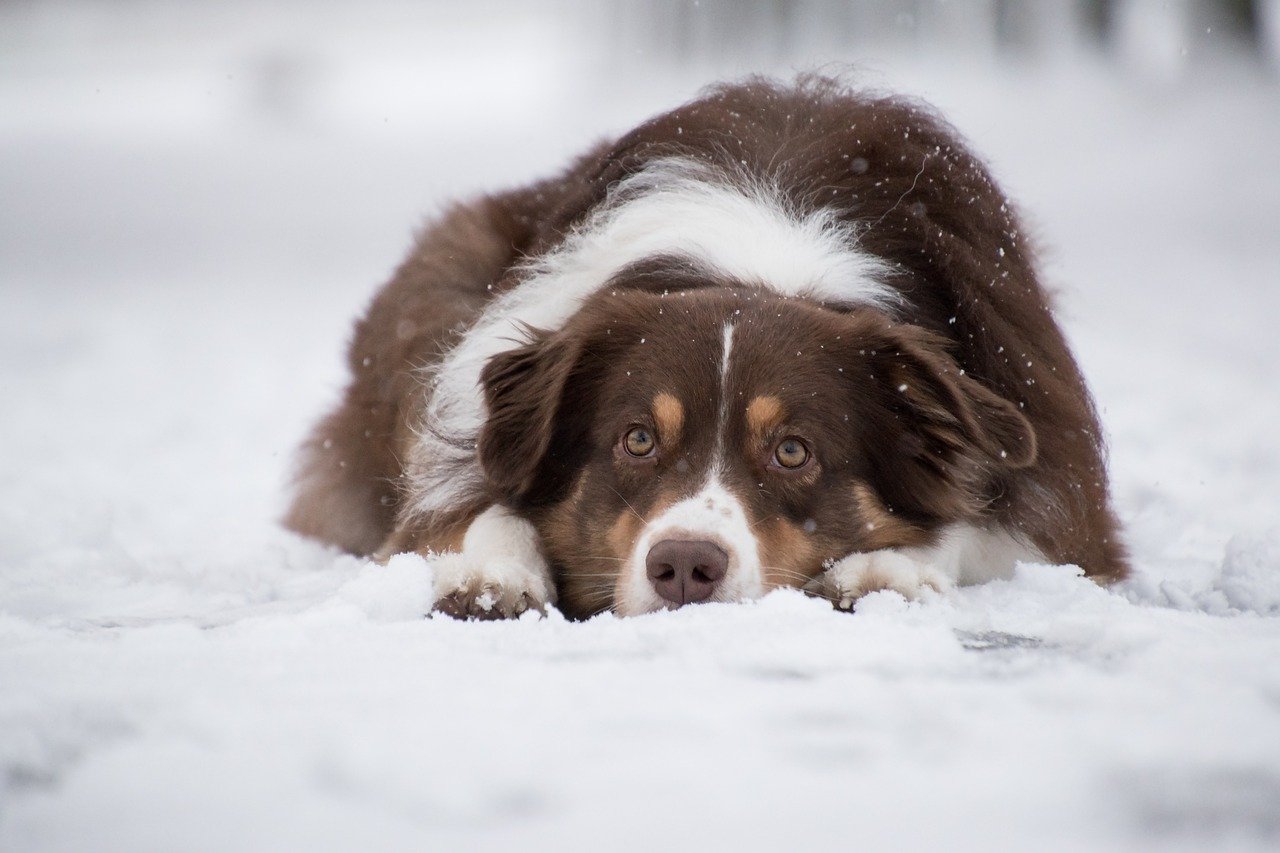
Australian Shepherds are energetic, intelligent, and incredibly in tune with their families. These dogs often seem to know what you’re thinking before you do, responding to your emotions with a wag or a comforting nuzzle. Aussies thrive on human interaction and can become deeply attached to their people, sometimes even acting as emotional “shadows.” Their sensitivity comes with a need for plenty of activity and mental stimulation. If they’re neglected or exposed to tension, they can become anxious. For active families seeking a dog that’s both empathetic and always up for an adventure, the Australian Shepherd is hard to beat.
Sheltie (Shetland Sheepdog): The Sensitive Sidekick
Shelties are known for their sweet, loyal nature and their exceptional sensitivity. These dogs are often described as “velcro dogs” because they like to stick close to their favorite humans. Shelties watch their people closely, responding to changes in mood or tone of voice with remarkable empathy. They’re quick to offer comfort and are gentle with children and adults alike. Their sensitivity also makes them wary of harsh discipline or chaotic environments. For those who want a dog that truly understands them and is always ready to offer a soft paw or a loving look, the Sheltie is a top contender.
Vizsla: The Velcro Empath
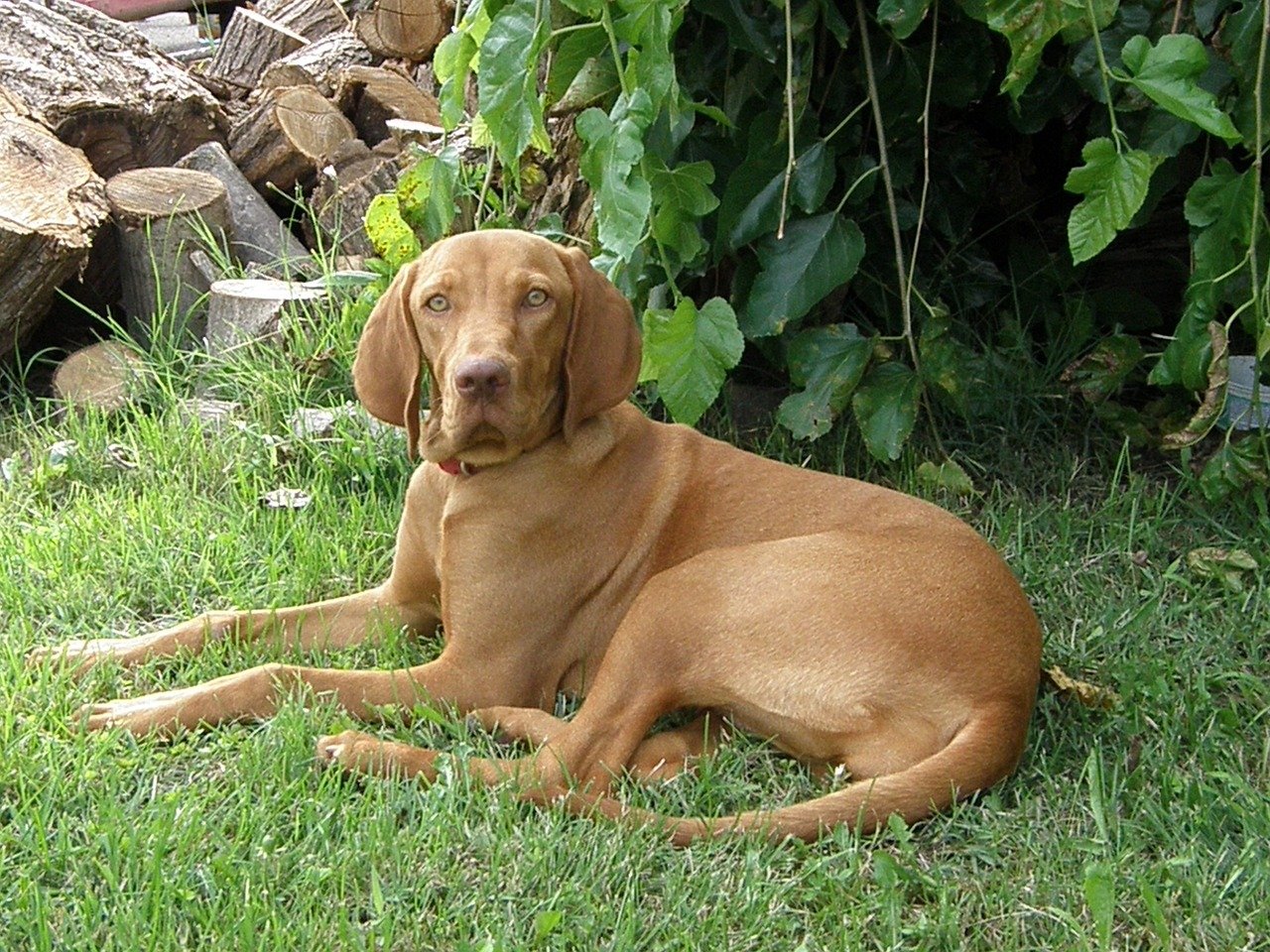
Vizslas are often called “velcro dogs” for their intense attachment to their humans. They are happiest when they’re right by your side, sharing every moment with you. Vizslas are highly sensitive and pick up on the slightest changes in your mood. If you’re happy, they’ll bounce with excitement; if you’re upset, they’ll quietly lean against you for comfort. Their emotional intelligence makes them wonderful companions but also means they require lots of love and attention. Vizslas thrive in homes where they can be close to their people and become stressed if left alone too often.
Havanese: The Gentle Observer
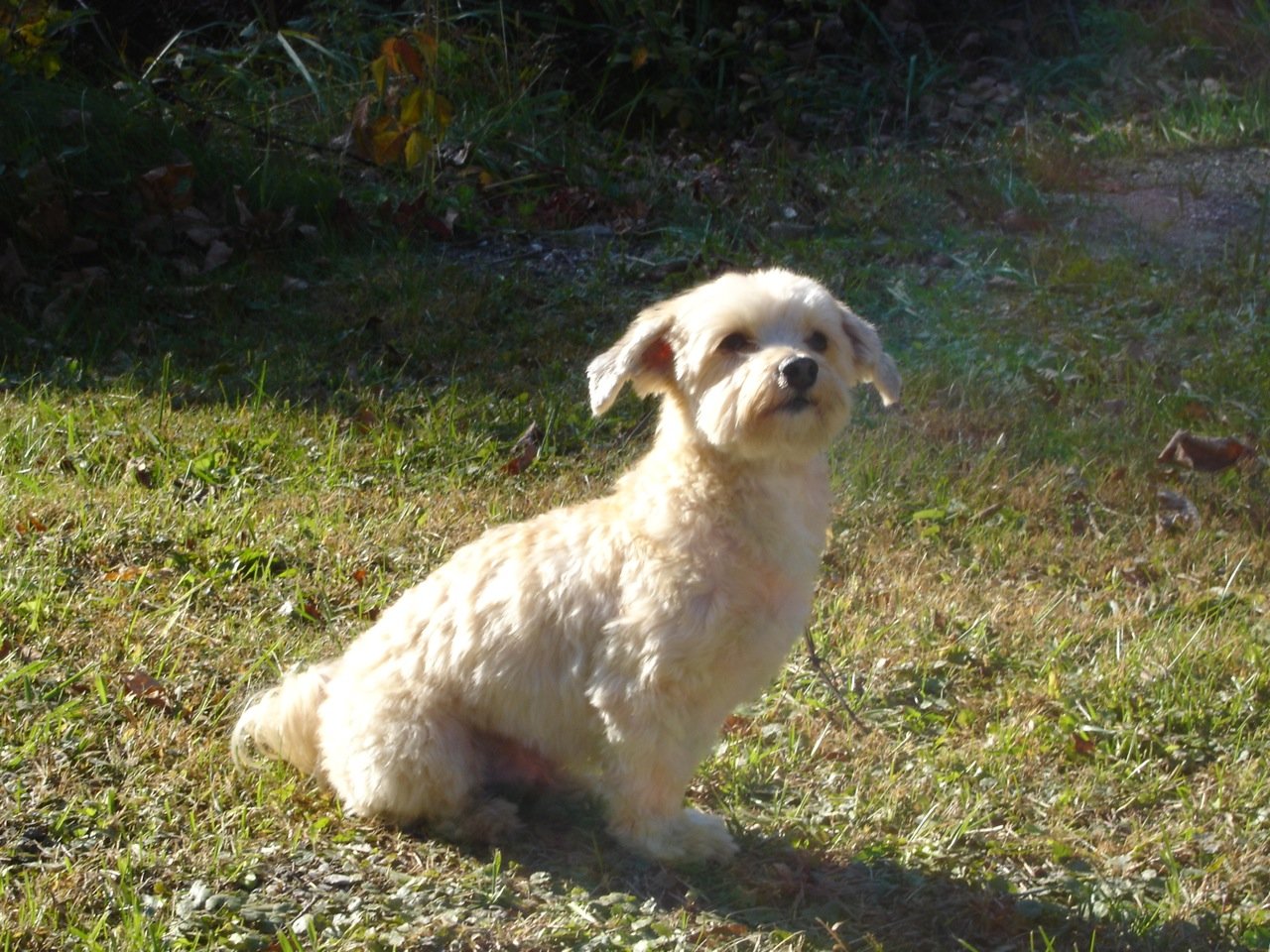
Havanese dogs are beloved for their gentle disposition and keen awareness of their owners’ emotions. These small, fluffy companions are experts at reading facial expressions and body language. If you’re feeling down, a Havanese will likely sense it and snuggle up to offer quiet support. They’re excellent with children and adults, always eager to provide comfort and affection. Their sensitivity makes them responsive to training, but they can also be prone to separation anxiety if left alone too long. For families looking for a small, loving, and empathetic pet, the Havanese is a delightful choice.
Chow Chow: The Distant Aristocrat
Chow Chows may look like giant teddy bears, but their emotional style is more aloof than affectionate. These dogs are famously independent and often keep their feelings to themselves. While they can form strong bonds with their families, they’re not likely to mirror your emotions or seek out cuddles when you’re upset. Chows are dignified and reserved, sometimes even appearing indifferent to the moods of those around them. They’re loyal, but in their own quiet way. If you want a dog who respects your space and isn’t overly sensitive, the Chow Chow is a classic example of emotional independence.
Shar Pei: The Stoic Protector
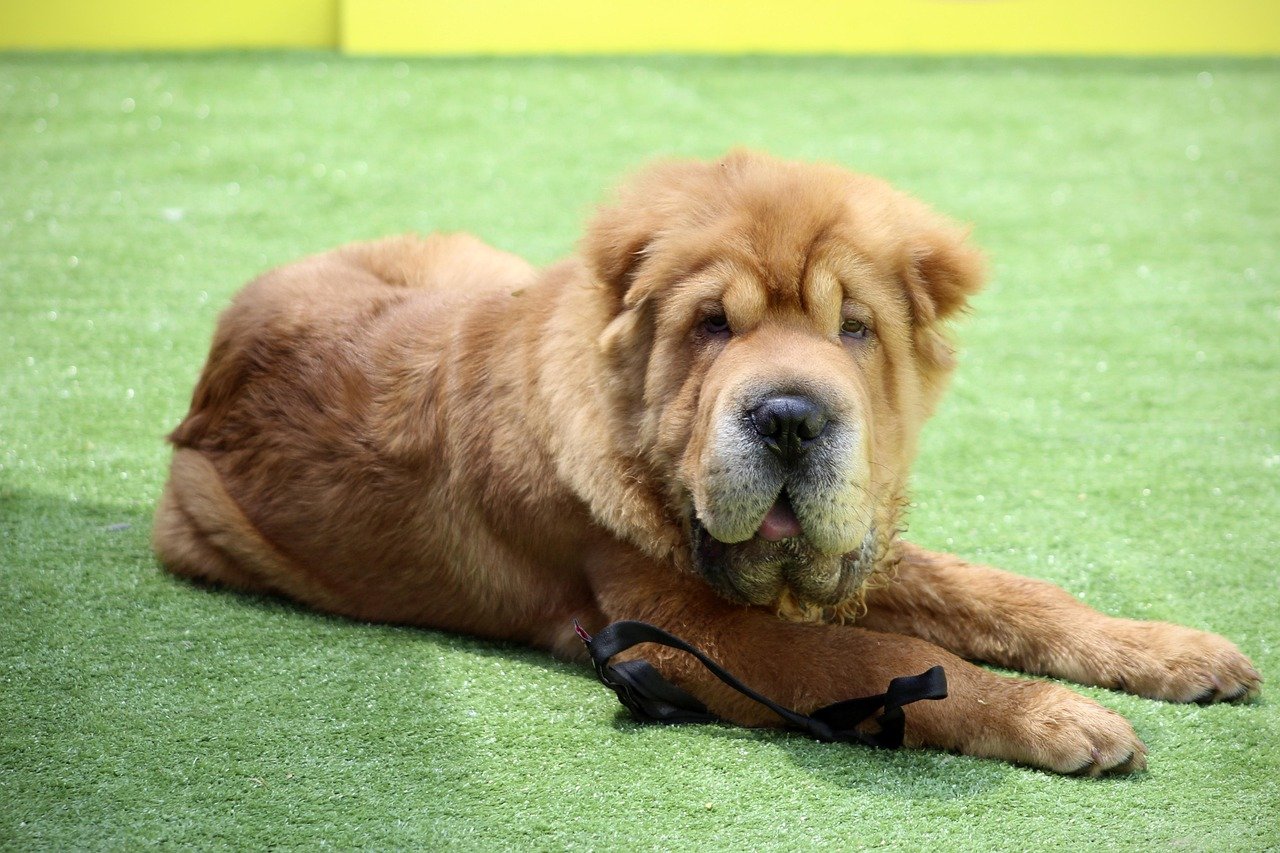
The Shar Pei’s wrinkled face might look worried, but these dogs are actually quite stoic. Shar Peis are calm, confident, and not easily rattled by emotional ups and downs. They tend to keep their feelings under wraps and don’t usually respond dramatically to their owners’ moods. While they’re protective and loyal, they prefer to show their love through quiet watchfulness rather than overt displays. The Shar Pei is well-suited for people who appreciate a dog that’s steady, self-contained, and not prone to emotional extremes.
Basenji: The Independent Thinker
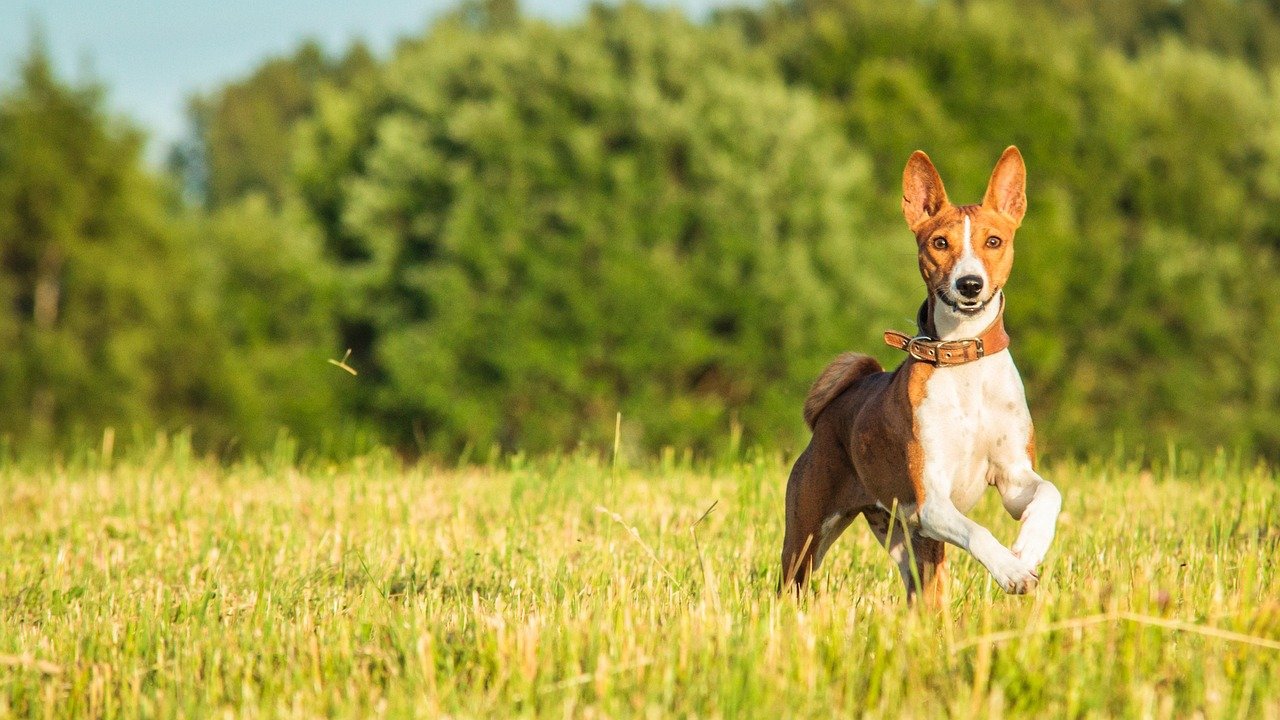
Basenjis are sometimes called the “barkless dog,” but they could also be called the “emotionally independent dog.” These clever, cat-like pups are known for their self-sufficiency and don’t typically get swept up in their owners’ moods. Basenjis love their families but are happy to entertain themselves and don’t often seek out emotional reassurance. Their aloofness makes them less sensitive to emotional cues, which can be refreshing for owners who prefer a low-maintenance companion. If you want a dog that’s curious, independent, and rarely needy, the Basenji fits the bill.
Afghan Hound: The Elegant Outsider
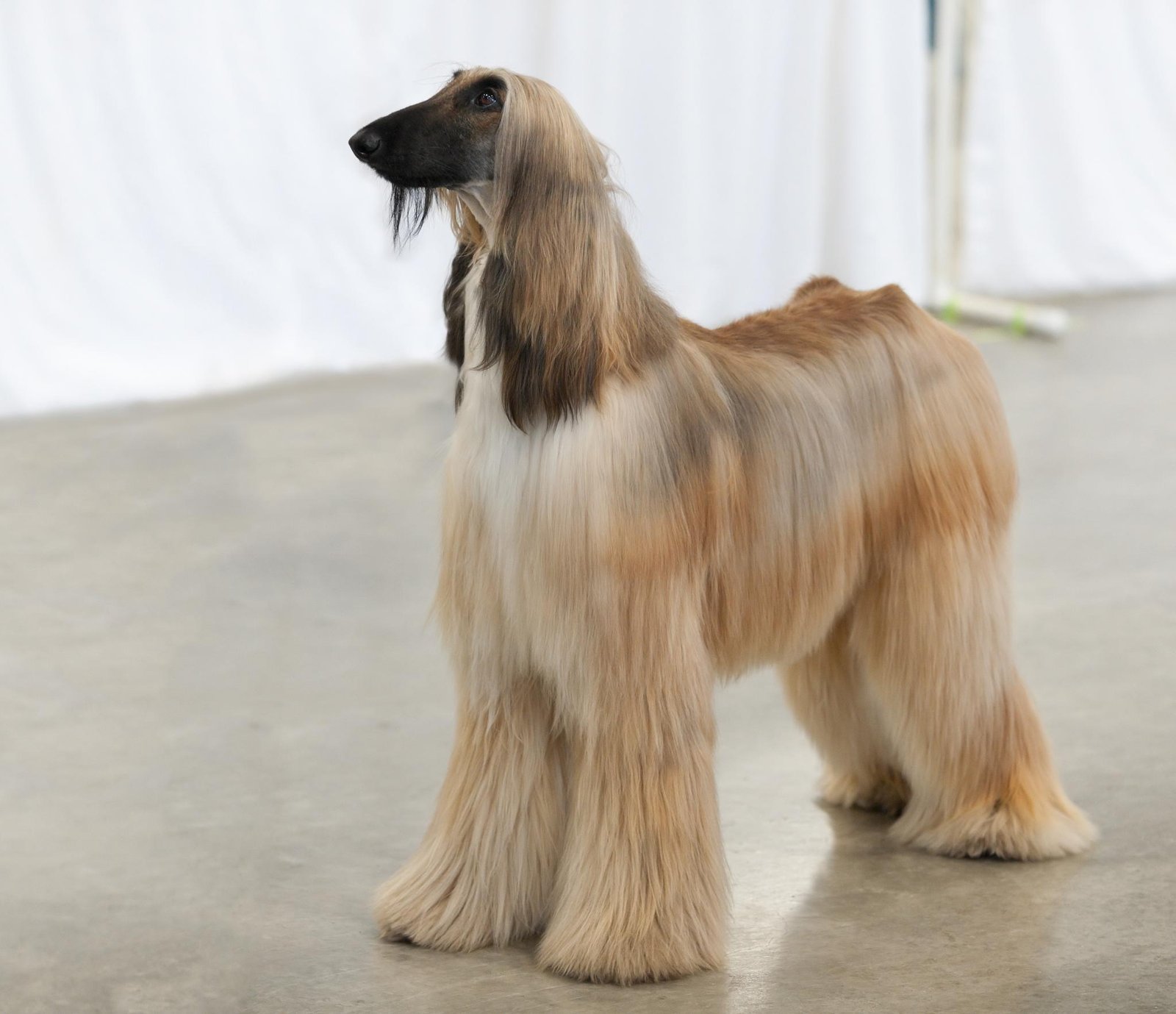
The Afghan Hound is a breed that oozes elegance and a sense of mystery. These dogs are known for their beauty and independence. While they form attachments to their owners, they don’t tend to be emotionally needy or particularly attuned to your feelings. Afghan Hounds like to do things on their own terms, and they won’t always come running to comfort you. Their calm, detached demeanor can be a blessing for people who want a graceful, low-drama companion. Don’t expect an Afghan Hound to mirror your every mood—they’re content in their own world.
Alaskan Malamute: The Confident Worker
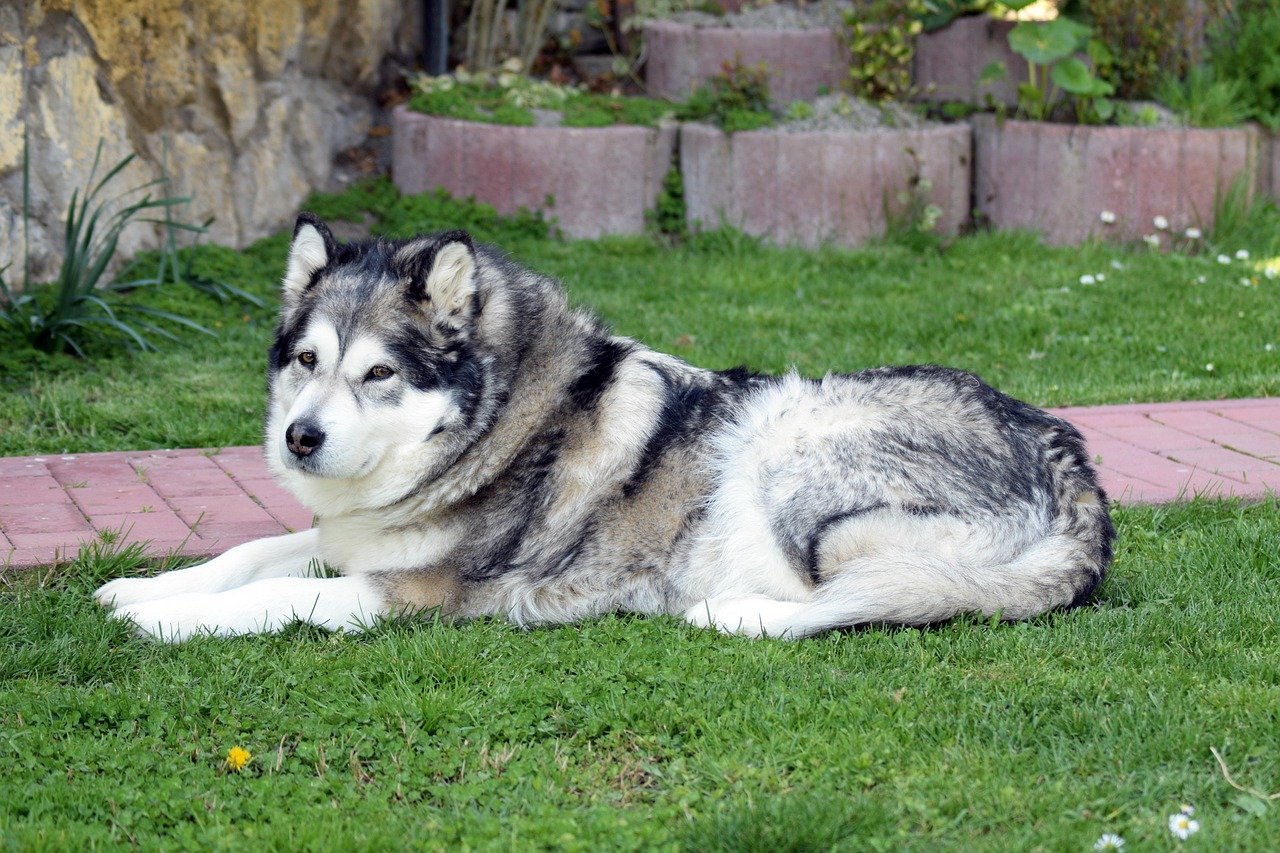
Alaskan Malamutes are powerful, hardworking dogs bred for pulling sleds and surviving harsh conditions. Their emotional style is just as tough—they’re not easily fazed by the emotions of those around them. Malamutes are friendly and loyal but tend to be emotionally self-reliant. They don’t usually respond to their owners’ moods with much sensitivity, instead focusing on their work or play. This makes them a good match for owners who want a confident, independent dog who isn’t overly reactive to emotional ups and downs.
Shiba Inu: The Aloof Adventurer
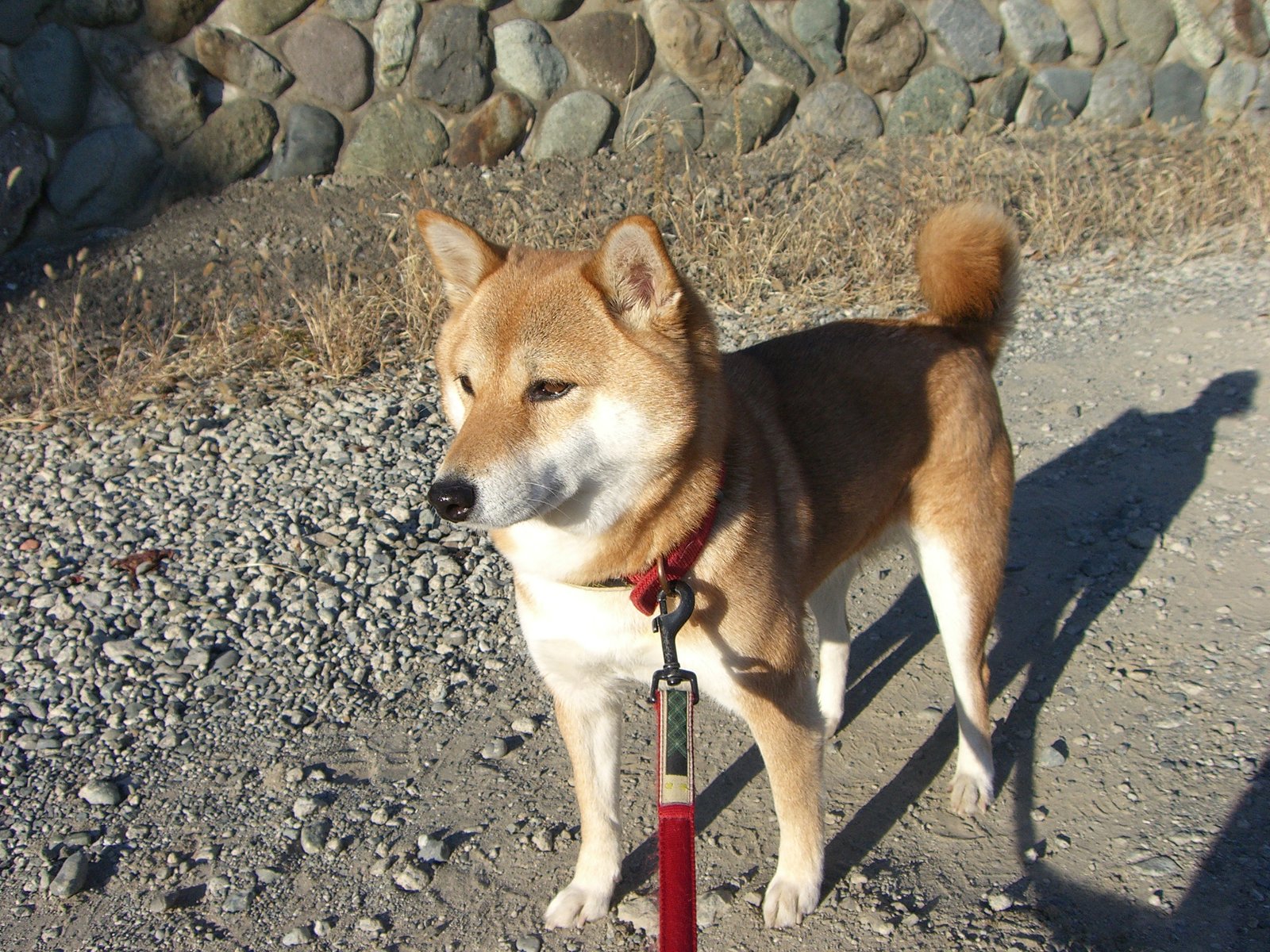
Shiba Inus are famous for their fox-like appearance and independent spirit. These dogs are often compared to cats because of their self-contained personalities. Shibas are affectionate on their own terms, but they rarely seek out emotional comfort or try to mirror your feelings. Their aloofness can be a challenge for people looking for a cuddly, emotionally responsive pet. However, for those who appreciate a dog with a strong sense of self, the Shiba Inu offers a unique blend of independence and charm.
Scottish Terrier: The No-Nonsense Companion
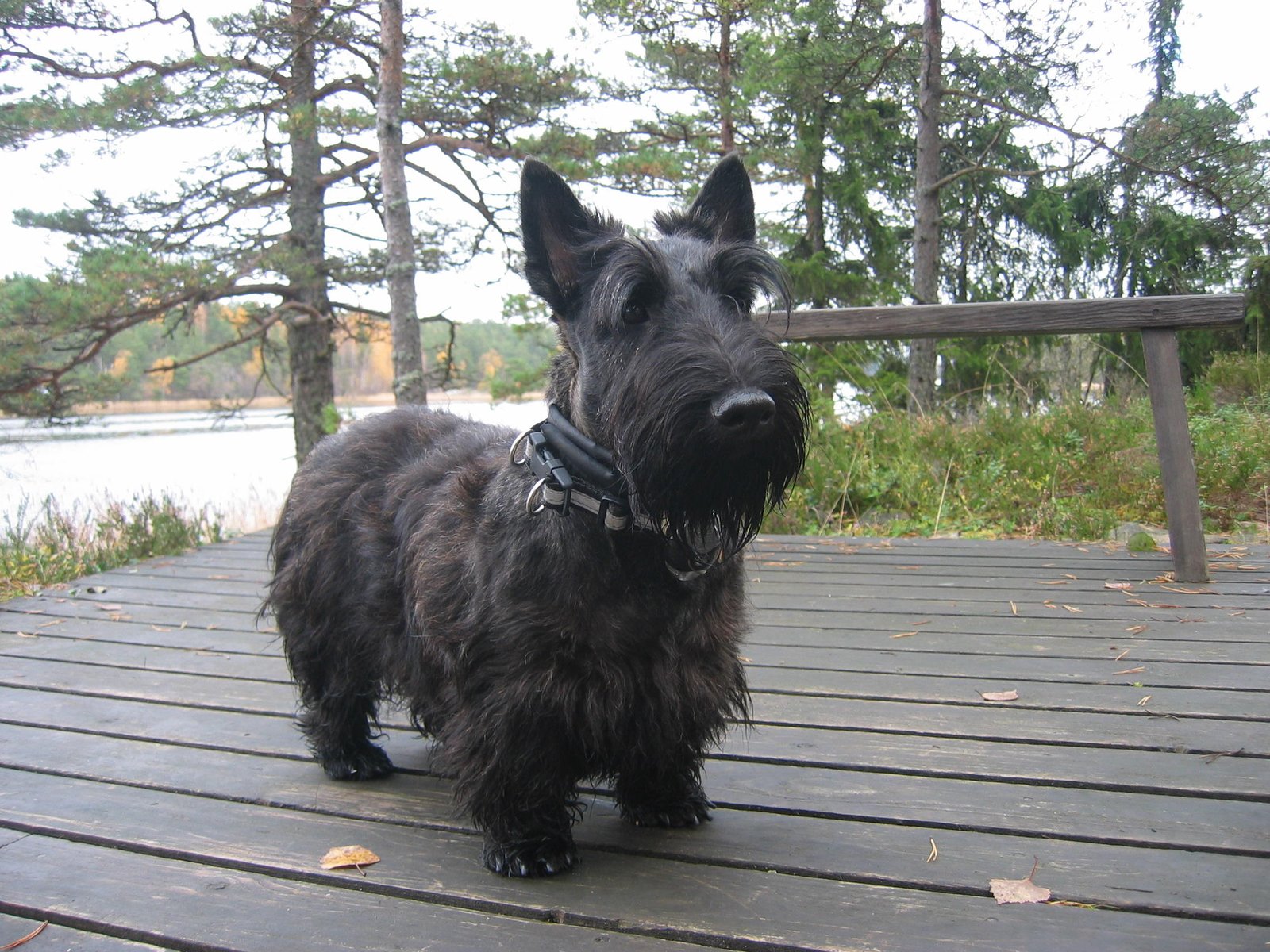
Scottish Terriers, or “Scotties,” are known for their dignified and independent nature. These small dogs have a strong sense of self and don’t typically get caught up in the emotional dynamics of their families. Scotties are loyal and can be affectionate, but they’re not usually sensitive to subtle changes in mood. They handle life with a steady, even-keeled attitude, making them well-suited for owners who value emotional stability over sensitivity. If you want a dog who’s a steadfast companion without being overly reactive, the Scottish Terrier is a solid choice.
Chihuahua: The Confident Tiny Titan
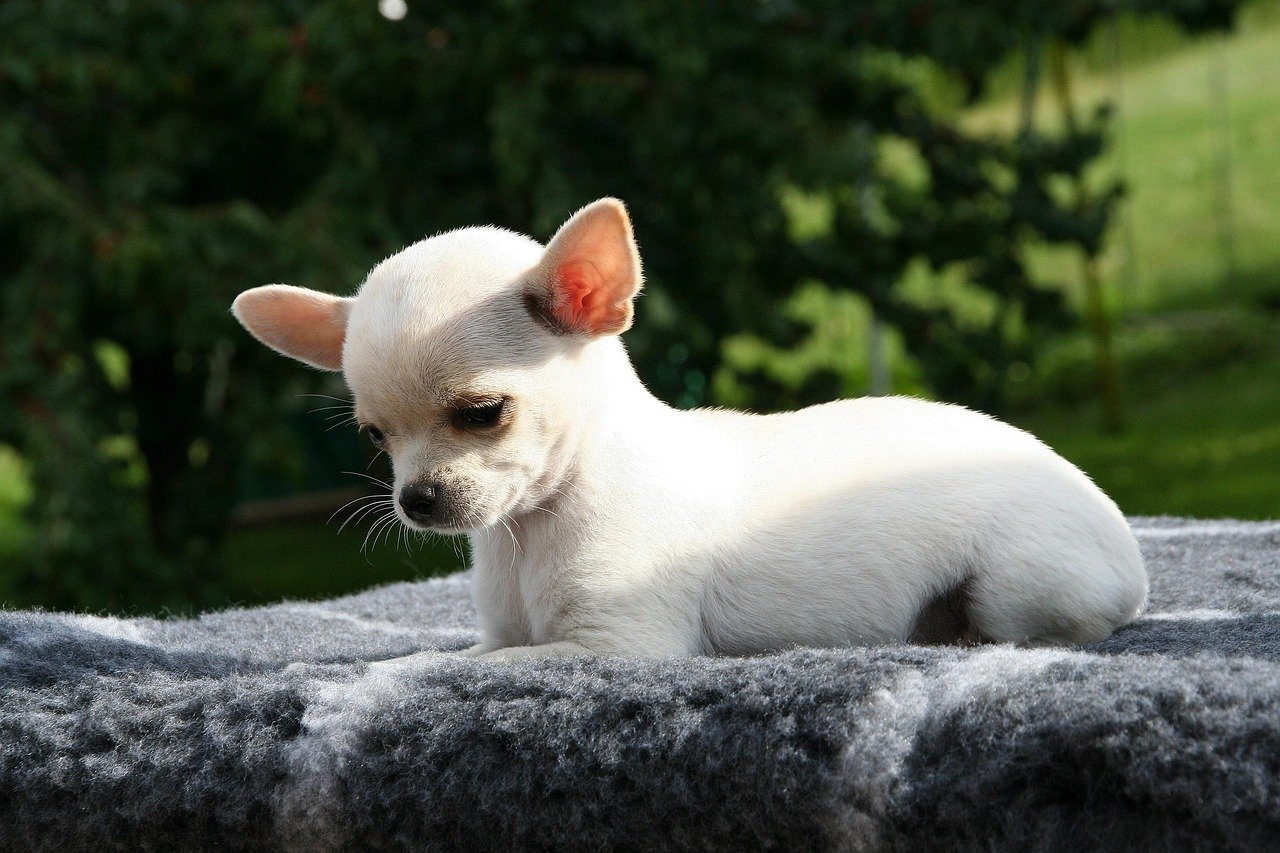
Chihuahuas are tiny dogs with big personalities. While they are fiercely loyal to their favorite person, they’re not known for being empathetic or emotionally tuned in. Chihuahuas tend to do things their own way and can be quite bold, sometimes ignoring your emotional cues altogether. They thrive on routine and attention, but they’re more likely to demand affection than to offer comfort when you’re feeling down. For owners who want a spirited, independent dog in a small package, the Chihuahua delivers in spades.
Dalmatian: The Playful Free Spirit
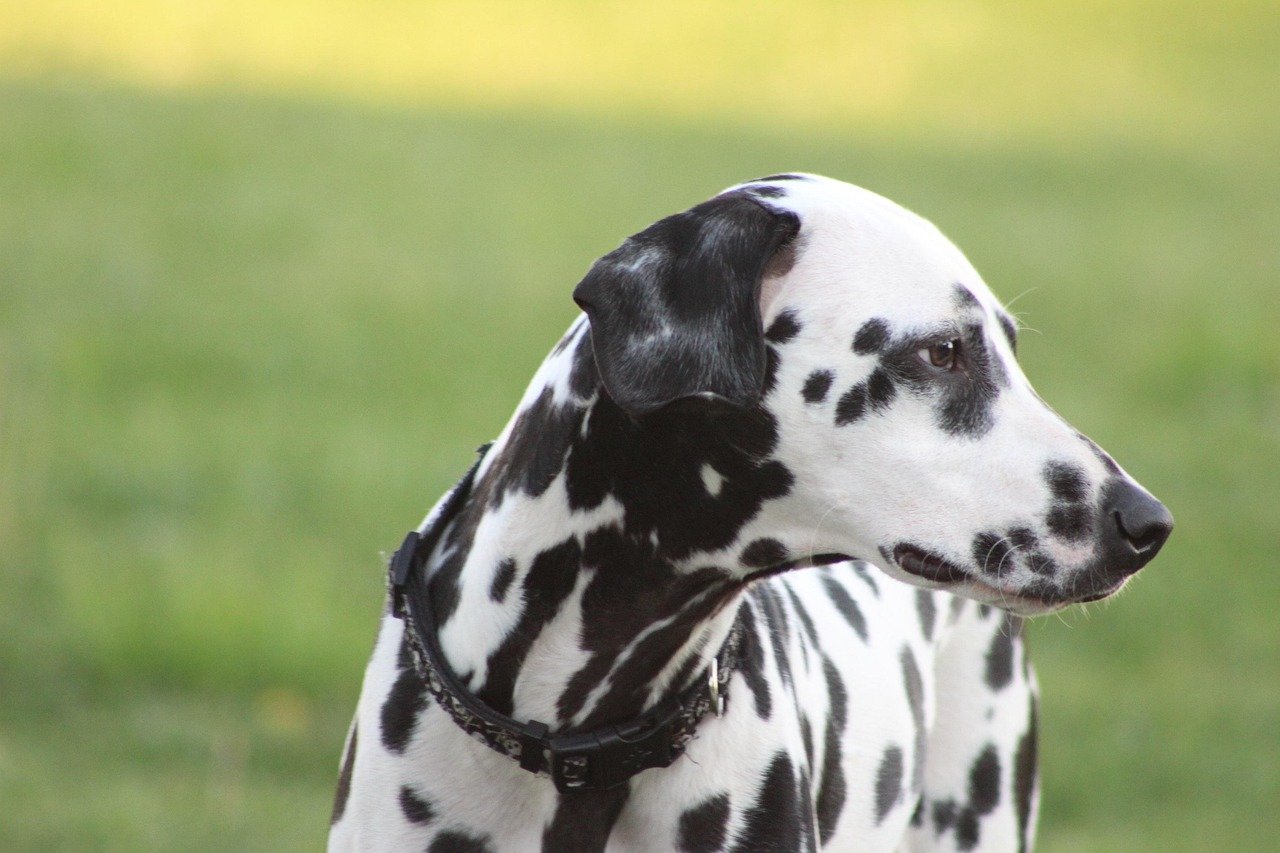
Dalmatians are famous for their spotted coats and boundless energy. These dogs love to play and explore but aren’t usually sensitive to the emotional ups and downs of their owners. Dalmatians are outgoing and independent, preferring action and adventure over emotional bonding. They’re not likely to offer comfort when you’re sad, but they’ll gladly join you for a game or a run. If you’re looking for a lively, fun-loving companion who isn’t overly affected by your moods, the Dalmatian is a fantastic match.
Akita: The Reserved Guardian
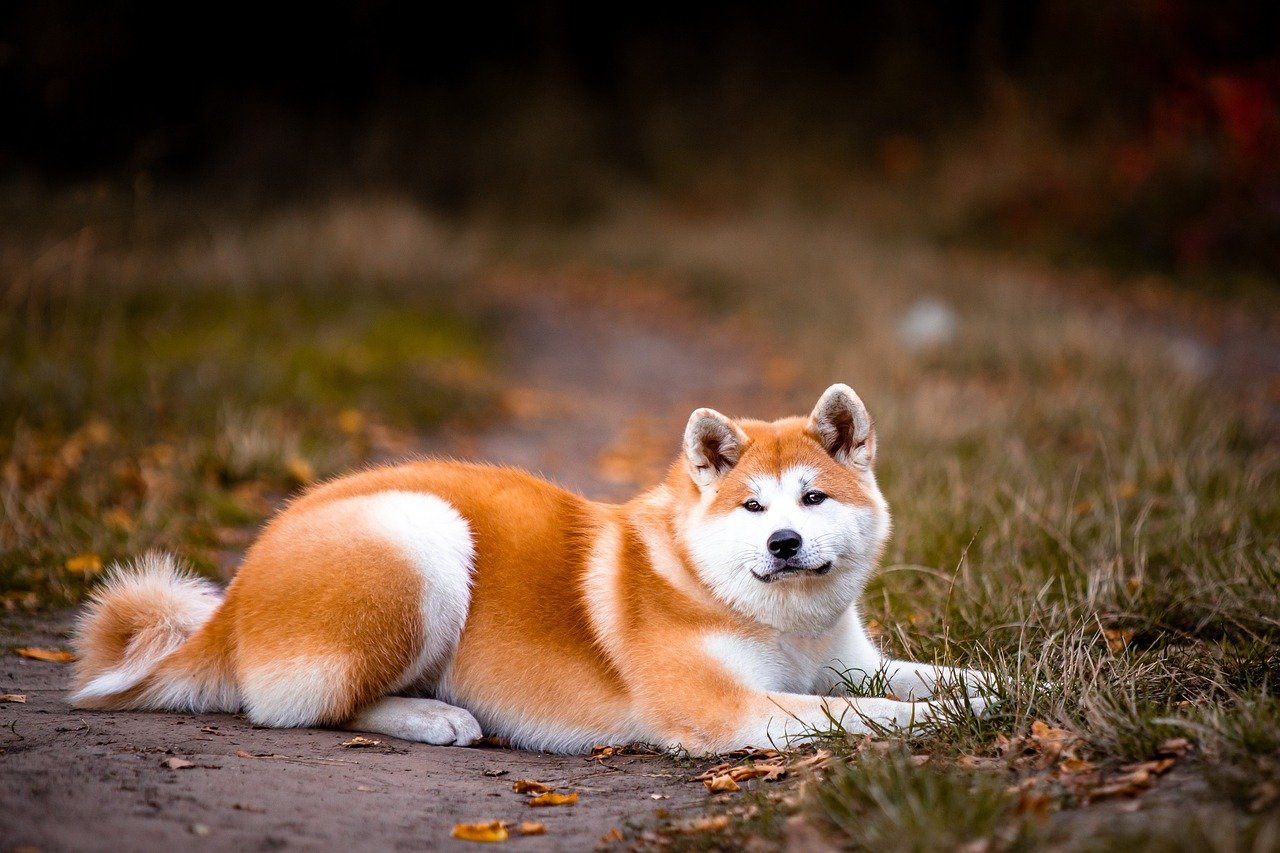
Akitas are powerful, dignified dogs with a calm and reserved demeanor. They form strong bonds with their families but are not known for being emotionally expressive or particularly empathetic. Akitas tend to keep their feelings to themselves and don’t usually respond to emotional cues with much sensitivity. They’re loyal and protective but show their affection in quiet, understated ways. For owners who appreciate a steady, low-drama companion, the Akita is an excellent example of a less emotionally inclined breed.
Whether your dog is an emotional sponge or a cool, independent spirit, understanding their personality is key to a happy relationship. Empathetic breeds may crave closeness, while less emotionally inclined pups might prefer a little space. Neither is better—just different! When you tune into your dog’s unique way of connecting, you strengthen your bond and meet their needs more fully. It’s all about love, in whatever form it comes.

Born and bred in South Africa, a Capetonian at heart. Amy-Leigh’s love for nature and animals was inherited from her Dad. He loves taking the family on road trips to experience nature at its finest; Amy-Leigh’s favourite being whale watching in Hermanus and spotting Kudu along the West Coast. Amy-Leigh holds a BA in English Literature and Communication Studies.

